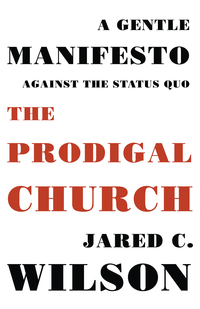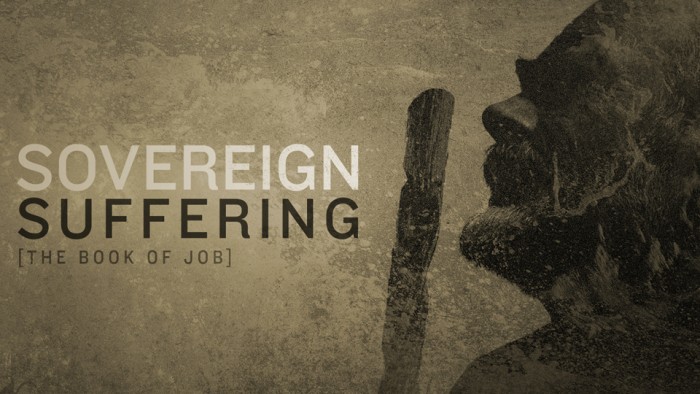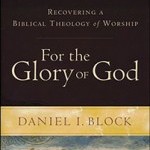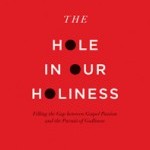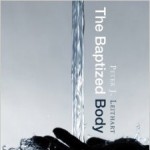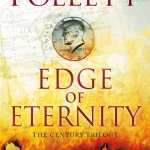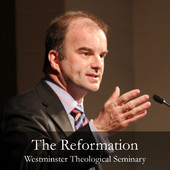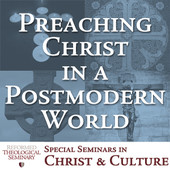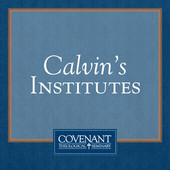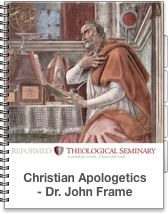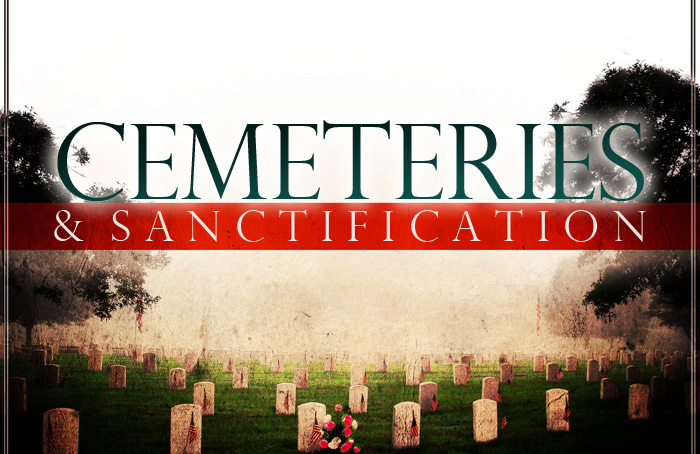For several years Reformation Trust has quietly been publishing a brilliant series entitled The Long Line of Godly Men.
The series’ editor Steve Lawson writes,
This Long Line of Godly Men Profile series highlights key figures in the agelong procession of sovereign-grace men. The purpose of this series is to explore how these figures used their God-given gifts and abilities to impact their times and further the kingdom of heaven. Because they were courageous followers of Christ, their examples are worthy of emulation today.
Each volume is compact and contains a delightful harmony of biography, theology, and practicality. I find them accessible in presentation and challenging in application. With each read you will want to rise up and say, “We want again such giants of the faith! Lord, help me to be such a servant of God!” Here are the current titles in the series, every one is well worth your investment in money and time.
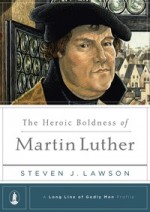 The Heroic Boldness of Martin Luther by Steve Lawson. During the Protestant Reformation of the sixteenth century, the Reformers’ most effective tool was the pulpit, and all of the Reformers were gifted preachers. This was especially true of Martin Luther, the man regarded as the father of the Reformation.
The Heroic Boldness of Martin Luther by Steve Lawson. During the Protestant Reformation of the sixteenth century, the Reformers’ most effective tool was the pulpit, and all of the Reformers were gifted preachers. This was especially true of Martin Luther, the man regarded as the father of the Reformation.
Luther used every legitimate means to make known the truths of Scripture. His strategies included writing books, tracts, pamphlets, and letters, as well as classroom lectures, public debates, and heated disputations in churches and universities. But his chief means of producing reform was the pulpit, where he proclaimed the truths of God’s Word with great courage. In a day when the church greatly needed to hear the truth, Luther’s pulpit became one of the most clarion sounding boards for God’s Word this world has ever witnessed.
In The Heroic Boldness of Martin Luther, Dr. Steven J. Lawson shows the convictions and practices that fed Luther’s pulpit boldness, providing an example for all preachers in a day when truth once more is in decline.
 The Trinitarian Devotion of John Owen by Sinclair Ferguson. The writing and teaching of John Owen, a 17th century pastor and theologian, continues to serve the church. Daily communion with God characterized his life and equipped him for both ministry and persecution.
The Trinitarian Devotion of John Owen by Sinclair Ferguson. The writing and teaching of John Owen, a 17th century pastor and theologian, continues to serve the church. Daily communion with God characterized his life and equipped him for both ministry and persecution.
In The Trinitarian Devotion of John Owen, the latest addition to the Long Line of Godly Men series, Dr. Sinclair Ferguson offers careful reflection and insight for Christians today as he highlights Owen’s faith in the triune God of Scripture. We’re reminded that regardless of our circumstances we can know God, enjoy Him, and encourage others.
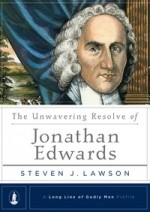 The Unwavering Resolve of Jonathan Edwards by Steve Lawson. Jonathan Edwards is well known as perhaps the greatest theologian the United States has ever produced. He is equally noted for his preaching and writing. But in this Long Line Profile, Dr. Steven J. Lawson considers the unique focus and commitment with which Edwards sought to live out the Christian faith.
The Unwavering Resolve of Jonathan Edwards by Steve Lawson. Jonathan Edwards is well known as perhaps the greatest theologian the United States has ever produced. He is equally noted for his preaching and writing. But in this Long Line Profile, Dr. Steven J. Lawson considers the unique focus and commitment with which Edwards sought to live out the Christian faith.
Lawson examines Edwards’ life through the lens of the seventy resolutions he penned in his late teens, shortly after his conversion, which cover everything from glorifying God to repenting of sin to managing time. Drawing on Edwards’ writings, as well as scholarly accounts of Edwards’ life and thought, Lawson shows how Edwards sought to live out these lofty goals he set for the management of his walk with Christ. In Edwards’ example, he finds helpful instruction for all believers.
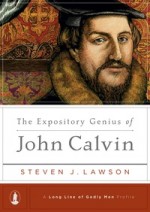 The Expository Genius of John Calvin by Steve Lawson. Looking to the past for outstanding Bible-based, Christ-centered, and life-changing preaching, Dr. Steven J. Lawson focuses on sixteenth-century Geneva, Switzerland. It was there that John Calvin ministered for decades as a faithful shepherd to a flock of believers.
The Expository Genius of John Calvin by Steve Lawson. Looking to the past for outstanding Bible-based, Christ-centered, and life-changing preaching, Dr. Steven J. Lawson focuses on sixteenth-century Geneva, Switzerland. It was there that John Calvin ministered for decades as a faithful shepherd to a flock of believers.
Here is an intimate portrait of Calvin the preacher-the core beliefs that determined his preaching style, the steps he took to prepare to preach, and the techniques he used in handling the Word of God, interpreting it, and applying it to his congregation. In the pulpit ministry of the great Reformer, Dr. Lawson finds inspiration and guidance for today’s church and calls on modern pastors to follow the Reformer’s example of strong expository preaching.
 The Mighty Weakness of John Knox by Douglas Bond. John Knox, the great Reformer of Scotland, is often remembered as something akin to a biblical prophet born out of time—strong and brash, thundering in righteous might. In truth, he was “low in stature, and of a weakly constitution,” a small man who was often sickly and afflicted with doubts and fears. In The Mighty Weakness of John Knox, a new Long Line Profile from Reformation Trust Publishing, author Douglas Bond shows that Knox did indeed accomplish herculean tasks, but not because he was strong and resolute in himself. Rather, he was greatly used because he was submissive to God; therefore, God strengthened him. That strength was displayed as Knox endured persecution and exile, faced down the wrath of mighty monarchs, and prayed, preached, and wrote with no fear of man, but only a desire to manifest the glory of God and to please Him.
The Mighty Weakness of John Knox by Douglas Bond. John Knox, the great Reformer of Scotland, is often remembered as something akin to a biblical prophet born out of time—strong and brash, thundering in righteous might. In truth, he was “low in stature, and of a weakly constitution,” a small man who was often sickly and afflicted with doubts and fears. In The Mighty Weakness of John Knox, a new Long Line Profile from Reformation Trust Publishing, author Douglas Bond shows that Knox did indeed accomplish herculean tasks, but not because he was strong and resolute in himself. Rather, he was greatly used because he was submissive to God; therefore, God strengthened him. That strength was displayed as Knox endured persecution and exile, faced down the wrath of mighty monarchs, and prayed, preached, and wrote with no fear of man, but only a desire to manifest the glory of God and to please Him.
For those who see themselves as too weak, too small, too timid, or simply too ordinary for service in God’s kingdom, Knox’s life offers a powerful message of hope—the biblical truth that God often delights to work most powerfully through people who are most weak in themselves but most strong in Him.
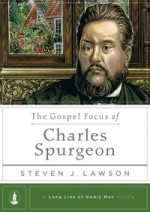 The Gospel Focus of Charles Spurgeon by Steve Lawson. Charles Spurgeon, the great Baptist preacher of nineteenth-century London, is remembered today as “the prince of preachers.” However, the strength of Spurgeon’s ministry went far beyond simple rhetorical skill. In The Gospel Focus of Charles Spurgeon, Steven J. Lawson shows that Spurgeon fearlessly taught the doctrines of grace and simultaneously held forth the free offer of salvation in Jesus Christ.
The Gospel Focus of Charles Spurgeon by Steve Lawson. Charles Spurgeon, the great Baptist preacher of nineteenth-century London, is remembered today as “the prince of preachers.” However, the strength of Spurgeon’s ministry went far beyond simple rhetorical skill. In The Gospel Focus of Charles Spurgeon, Steven J. Lawson shows that Spurgeon fearlessly taught the doctrines of grace and simultaneously held forth the free offer of salvation in Jesus Christ.
In thirty-eight years as pastor of the congregation meeting at the New Park Street Chapel and later the Metropolitan Tabernacle, Spurgeon propounded Calvinistic theology with precision and clarity. Yet he always accompanied it with a passionate plea for sinners to come to Christ and be saved. Lawson traces these twin points of emphasis throughout Spurgeon’s long, fruitful ministry.
The Gospel Focus of Charles Spurgeon is a passionate call for all Christians to follow Spurgeon in maintaining the proper balance between divine sovereignty in salvation and fiery passion in spreading the gospel of Jesus Christ.
 The Evangelistic Zeal of George Whitefield by Steve Lawson. England in the seventeenth and early eighteenth centuries was in the midst of spiritual decline, marked by lifeless sermons, strife, persecution, and malaise. Into this dark time, George Whitefield burst forth as one of the greatest preachers the church had seen since the time of the Apostles.
The Evangelistic Zeal of George Whitefield by Steve Lawson. England in the seventeenth and early eighteenth centuries was in the midst of spiritual decline, marked by lifeless sermons, strife, persecution, and malaise. Into this dark time, George Whitefield burst forth as one of the greatest preachers the church had seen since the time of the Apostles.
Called the “Grand Itinerant” for his unprecedented preaching ministry, Whitefield crossed the Atlantic Ocean numerous times and lit fires of revival on two continents. Yet, as Dr. Steven J. Lawson illustrates in this latest entry in the Long Line of Godly Men Profiles series, we must note that Whitefield was a man whose extraordinary evangelistic fervor was marked by remarkable piety and deep theology, and whose unswerving devotion to his God led him to risk all that he had to preach the name of Christ.
 The Poetic Wonder of Isaac Watts by Douglas Bond. In an age of simplistic and repetitive choruses, many churches are rediscovering the blessing of theologically rich and biblically informed songs. In the latest addition to our A Long Line of Godly Men Profile series, Douglas Bond introduces us to Isaac Watts, “the father of English hymnody.” Douglas Bond urges Christians to delight in the grandeur, beauty, and joy of Watts’ poetry. We pray that you would regain a sense of God’s majesty as we celebrate the God-given poetic wonder of Isaac Watts.
The Poetic Wonder of Isaac Watts by Douglas Bond. In an age of simplistic and repetitive choruses, many churches are rediscovering the blessing of theologically rich and biblically informed songs. In the latest addition to our A Long Line of Godly Men Profile series, Douglas Bond introduces us to Isaac Watts, “the father of English hymnody.” Douglas Bond urges Christians to delight in the grandeur, beauty, and joy of Watts’ poetry. We pray that you would regain a sense of God’s majesty as we celebrate the God-given poetic wonder of Isaac Watts.
Click here to see previous entries in the “A Series Worth Serious Investment” series.


